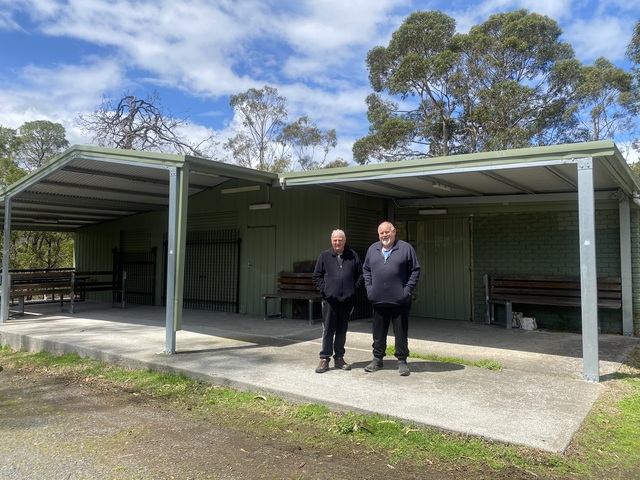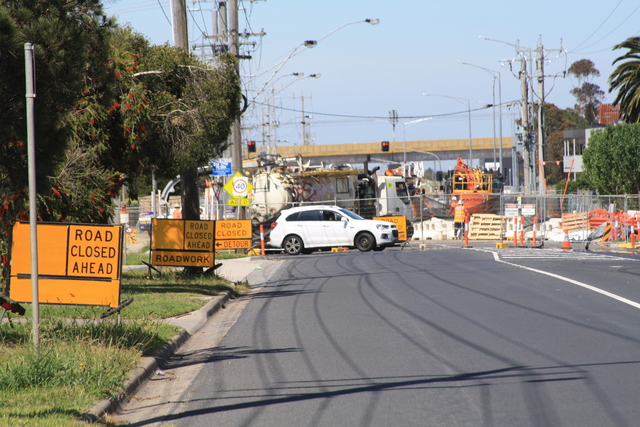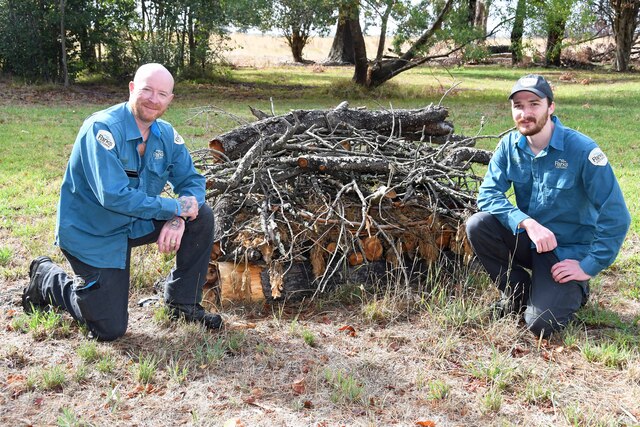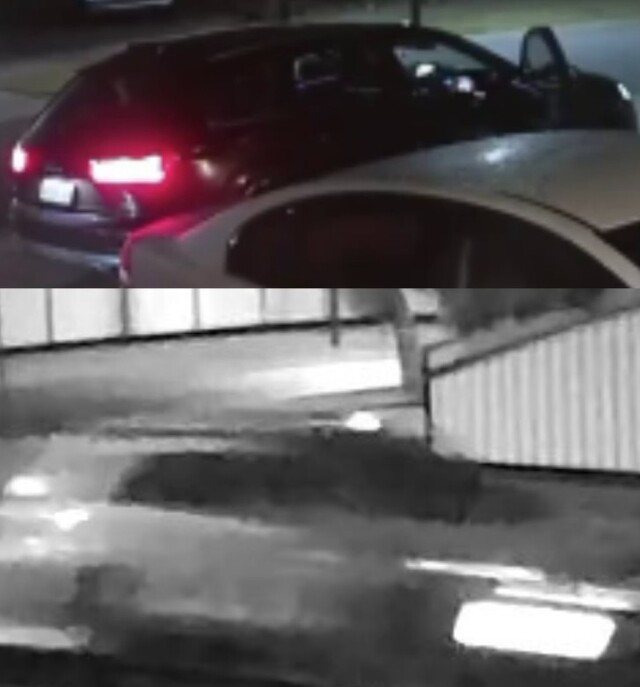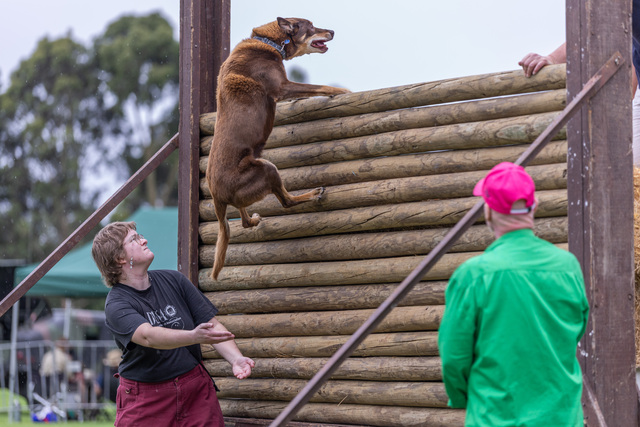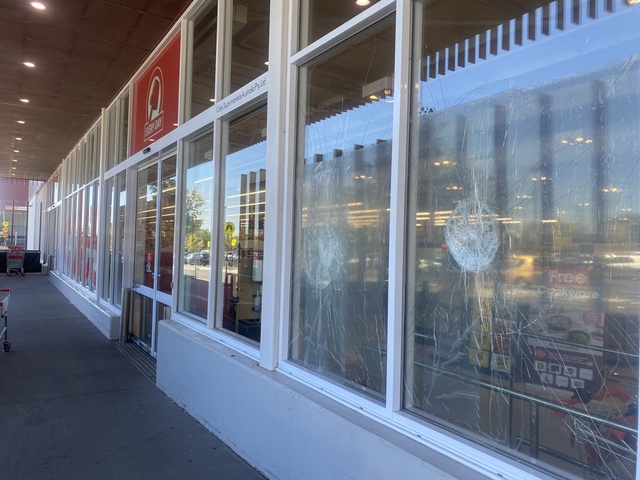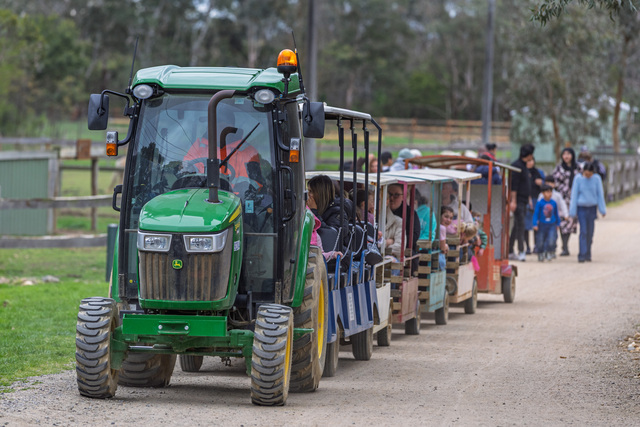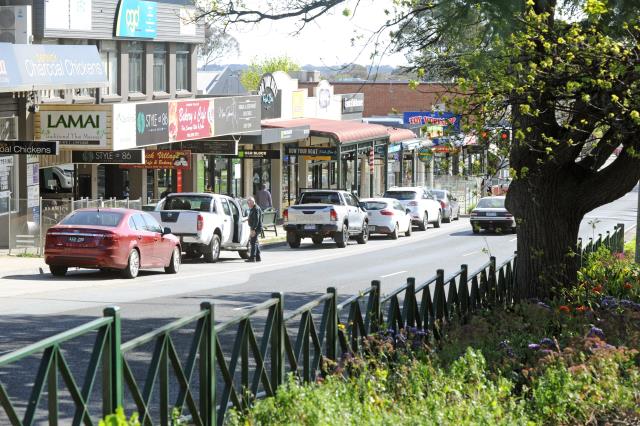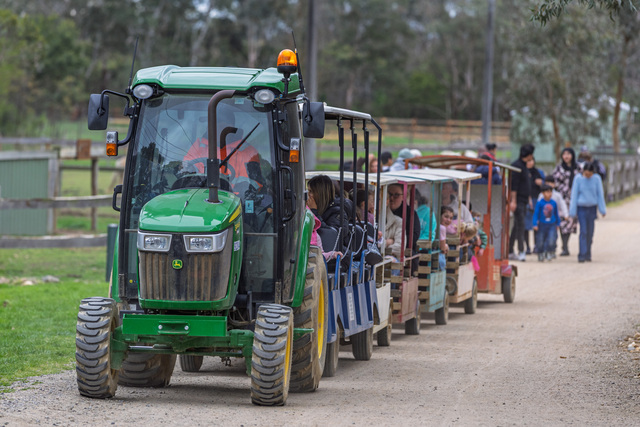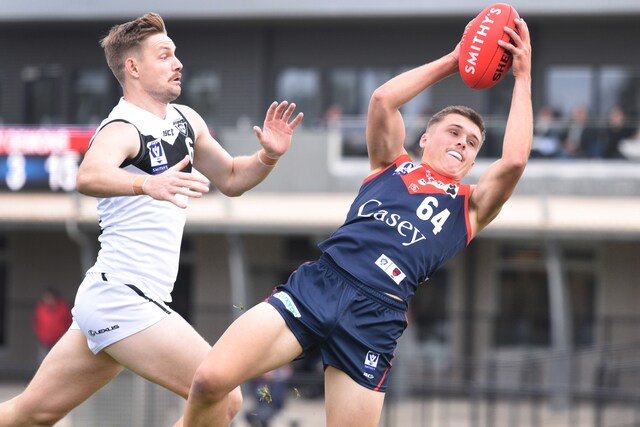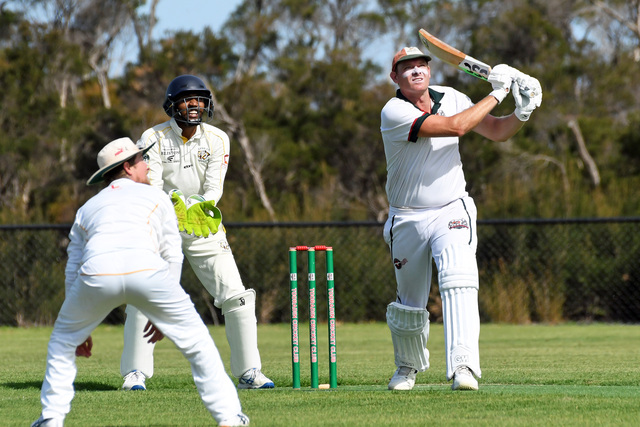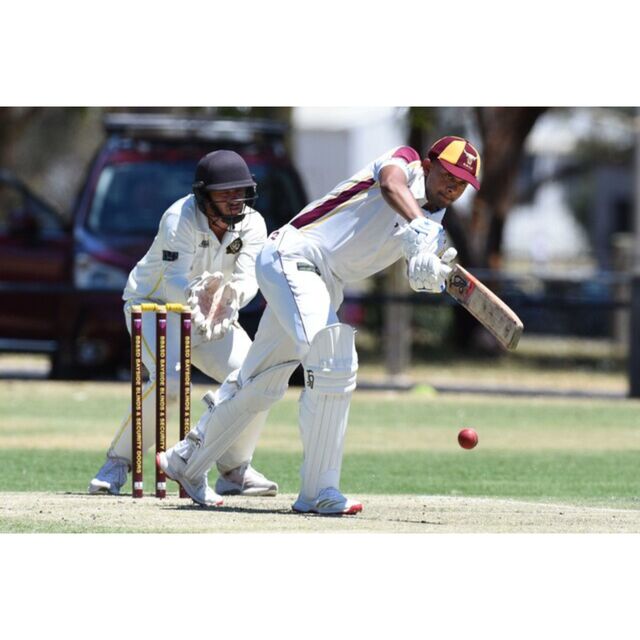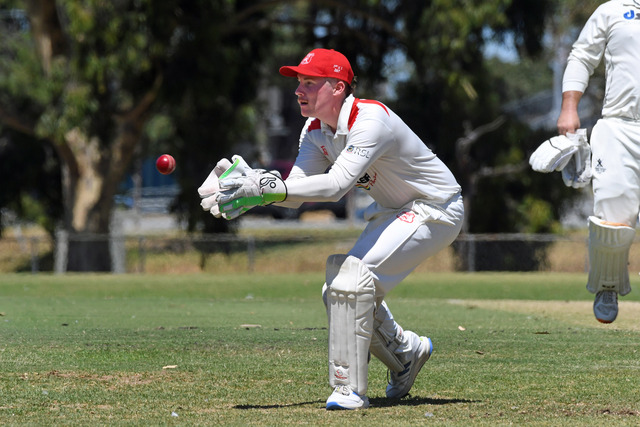A Cranbourne-based pigeon racing club has taken a financial hit by the State’s new Emergency Services and Volunteers Fund (ESVF) levy and the club’s managers are now growing increasingly concerned of the possibility of having to shut their doors.
Rod Cook, co-founder and now assistant secretary of the Morning Mist Racing Pigeon Club, has asked for a review from the State Government to waive the $400 levy from the $840 rates bill and reconsider the property’s value and classification; they’ve been told it might take months before a decision is made.
In accordance with the new ESVF levy which replaced the Fire Services Property Levy (FSPL) in July 2025, the club was valued at $305,000 and classified under a commercial property.
But both of the club’s founders say that it was previously only valued at $30,000 and classified under residential.
Casey Council is believed to have requested a reassessment of the property’s value and its classification as a commercial property. However this has not been confirmed by the council, which will not discuss details of rate assessments due to privacy obligations.
Casey’s Chief Financial Officer, Melissa Baker, says that the ESVF levy is not a charge from the City of Casey and that the State Government will have to mandate any refund or waiver.
“The Victorian State Government has allocated Councils like the City of Casey as the collection agency of this levy. We are required by law to collect the charges, and any refund or waiver would have to be mandated by the State Government,” Baker said.
David Leishman, co-founder alongside Cook and President of the club, says it’s becoming more difficult to keep the doors to the club open due to the additional costs of lease notices, ground upkeep rates, and power bills.
With the help of the members, they’ve had to fork out nearly $3000 to keep the club going.
“We are made up of mostly pensioners, our club is non-profit… all these added costs have only been in force for the past four to six years,” said Cook.
A few years ago, the membership price was $50 and when they first established the club they charged $20.
In hopes of collective contribution, the club has now raised fees for existing members to $120, which has added a toll on the paying pensioners, but Cook is worried that this is only a band-aid solution.
In his discussion with council over the last few months, he’s highlighted his concerns about the possibility of members terminating their membership as a result of growing costs and consequently limiting some of their only source of social support.
Cook says the club, now made up of about 20 members, has become an integral part in the day-to-day lives of a small community of pensioners.
“Their only interaction with the community, a lot of them, is the Pigeon Club,” Cook said.
Both men reminisce about a senior member whose only meals were provided at the club.
“On Friday nights, he would come here to the club, and sometimes he’d have two meals. And we sort of realised, he’s not eating at home.”
For Leishman and Cook who have both invested time and money since the establishment of the club, say with rising costs concerns and age their enthusiasm and energy to fundraise has strained.
“We’re all just tired,” said Cook.
“As our members pass away, the cost burden will be on those who are still alive, extra costs restricting new members’ growth, so what happens when we are down to five members who cannot pay the bills, will the council close the rooms?”
According to Cook and Leishman, the pigeon racing rooms were first established in the early 2000s after a block of unused toilets on the reserve was turned into a community building.
The block of toilets was due to be demolished for $10,000 due to infrastructure damage and safety concerns.
But Cook and Leishman had other ideas for the block and thought it had potential to positively serve the community for the now niche sport.
Since then, as more pigeon racing enthusiasts joined along with some fundraising, the club was able to self- fund two expansions amounting to nearly $60,000.
It wasn’t until five years ago that the council asked the club to sign a lease agreement on the club for insurance cover.
At that point in time, Cook was under the impression the club would not have to pay rates on the property, on top of the additional charges like lease and ground upkeep.
Until a decision is made on the review the club will have to pay the levy in instalments.

